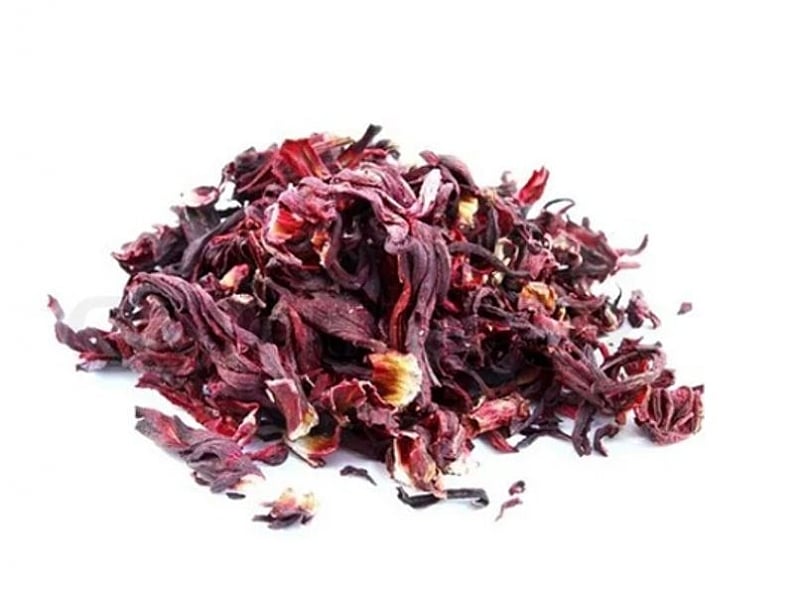- EARTH TO AILMENT
- Posts
- Earth To Ailment #39
Earth To Ailment #39

Research led by Dr. Lara Bou Malhab at the University of Sharjah reveals that the desert plant Artemisia herba-alba, commonly known as wormwood, shows potential in treating colorectal cancer.
In laboratory tests, extracts from this resilient plant effectively killed cancer cells while sparing healthy ones, employing various mechanisms to hinder cancer cell growth and communication. Given the urgency for new cancer treatments—colorectal cancer remains among the deadliest, with millions affected—these findings bring hope.
The plant's compounds could lead to innovative therapies with fewer side effects compared to traditional chemotherapy. However, this research is preliminary, conducted in lab settings, necessitating further studies to confirm efficacy in actual clinical scenarios.
The promising results align with the vision of developing personalized cancer treatments that tackle the disease effectively. As researchers urge for continued investigation, the potential for Artemisia herba-alba to contribute to the fight against colorectal cancer is indeed heartening.
:max_bytes(150000):strip_icc()/peptoforkids-2000-ce3914d6bfef49d0be5e90eb0643f6fe.jpg)
Pepto-Bismol, while effective for adults experiencing digestive issues, is not safe for children under 12 due to the risk of Reye's syndrome, a serious condition linked to aspirin products. This risk is particularly concerning when children are recovering from viral illnesses.
Parents are encouraged to avoid giving their kids the original Pepto-Bismol formula, as it contains bismuth subsalicylate, which can be harmful. Instead, Pepto Kids offers a safer alternative for children over two, containing calcium carbonate for minor tummy troubles, though it does not address diarrhea.
It’s essential for parents to consult a healthcare provider before administering any over-the-counter medications and to consider home remedies. Ensuring hydration, proper rest, and a gentle diet can often ease symptoms.
Always monitor children for severe or persisting issues and seek medical advice when necessary, to ensure their health and well-being.

A viral claim suggests that giving ginger to someone experiencing a heart attack can help mitigate damage, but this claim is misleading. Heart attacks require immediate medical intervention, as they are serious and time-sensitive emergencies.
While ginger is known for its anti-inflammatory properties and benefits in long-term heart health, it does not offer any immediate aid during a heart attack. Experts emphasize that attempting to use ginger in such critical situations could delay essential medical care, worsening outcomes.
It’s crucial to prioritize contacting emergency services when a heart attack is suspected. Ginger may contribute positively to heart health over time as part of a balanced diet, but it should not be seen as a remedy in emergencies.
Ultimately, swift medical action is the best course to protect heart health in urgent situations.

Hibiscus tea, derived from Sobolo leaves, is emerging as a promising natural remedy for managing high blood pressure, a growing public health concern. Traditionally cherished for its health benefits, recent research highlights its potential to lower blood pressure through rich bioactive compounds like phenolics.
Studies show that it may offer similar effects to conventional medications, but more exploration is needed to determine optimal preparation methods and dosages. Additionally, hibiscus tea is praised for its broader health benefits, including antimicrobial and anti-inflammatory properties.
While the current findings are encouraging, the need for standardized research to ensure safety and efficacy is crucial. This herb offers a hopeful alternative for those seeking natural ways to support their cardiovascular health, reminding us of the healing potential found in the natural world.
Embracing such remedies can empower individuals to take proactive steps in managing their health and well-being.

If you're struggling with acid reflux, choosing the right beverages can significantly impact your comfort. Experts suggest that soothing herbal teas, plain water, coconut water, and low-fat milk may provide relief by calming irritation and promoting digestion.
Herbal teas like chamomile or ginger possess anti-inflammatory properties, while proper hydration helps to dilute stomach acid. However, it's essential to avoid drinks that can exacerbate symptoms, such as coffee, citrus juices, carbonated drinks, and high-sugar options, as they may relax the lower esophageal sphincter and increase acidity.
Additionally, various conditions like obesity or pregnancy can intensify acid reflux symptoms. For those experiencing frequent issues, a healthcare professional can offer personalized guidance to manage your symptoms effectively.
By making thoughtful drink choices, you can enjoy a more comfortable daily life.